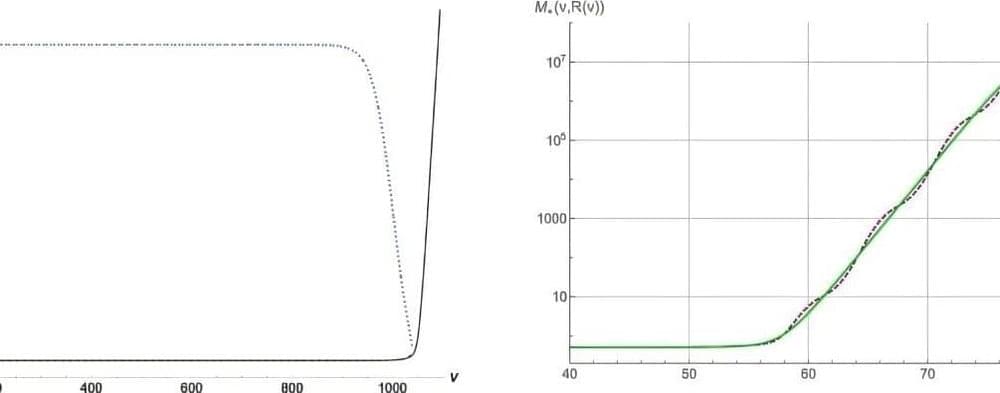The Dstat.cc DDoS review platform has been seized by law enforcement, and two suspects have been arrested after the service helped fuel distributed denial-of-service attacks for years.
The seizure and arrests were conducted as part of “Operation PowerOFF,” an ongoing international law enforcement operation that targets DDoS-for-hire platforms, aka “booters” or “stressers,” to seize infrastructure and arrest the operators.
These platforms are responsible for service disruptions to online services and can cause significant economic damages, as well as impact to the operation of critical services, such as healthcare.









